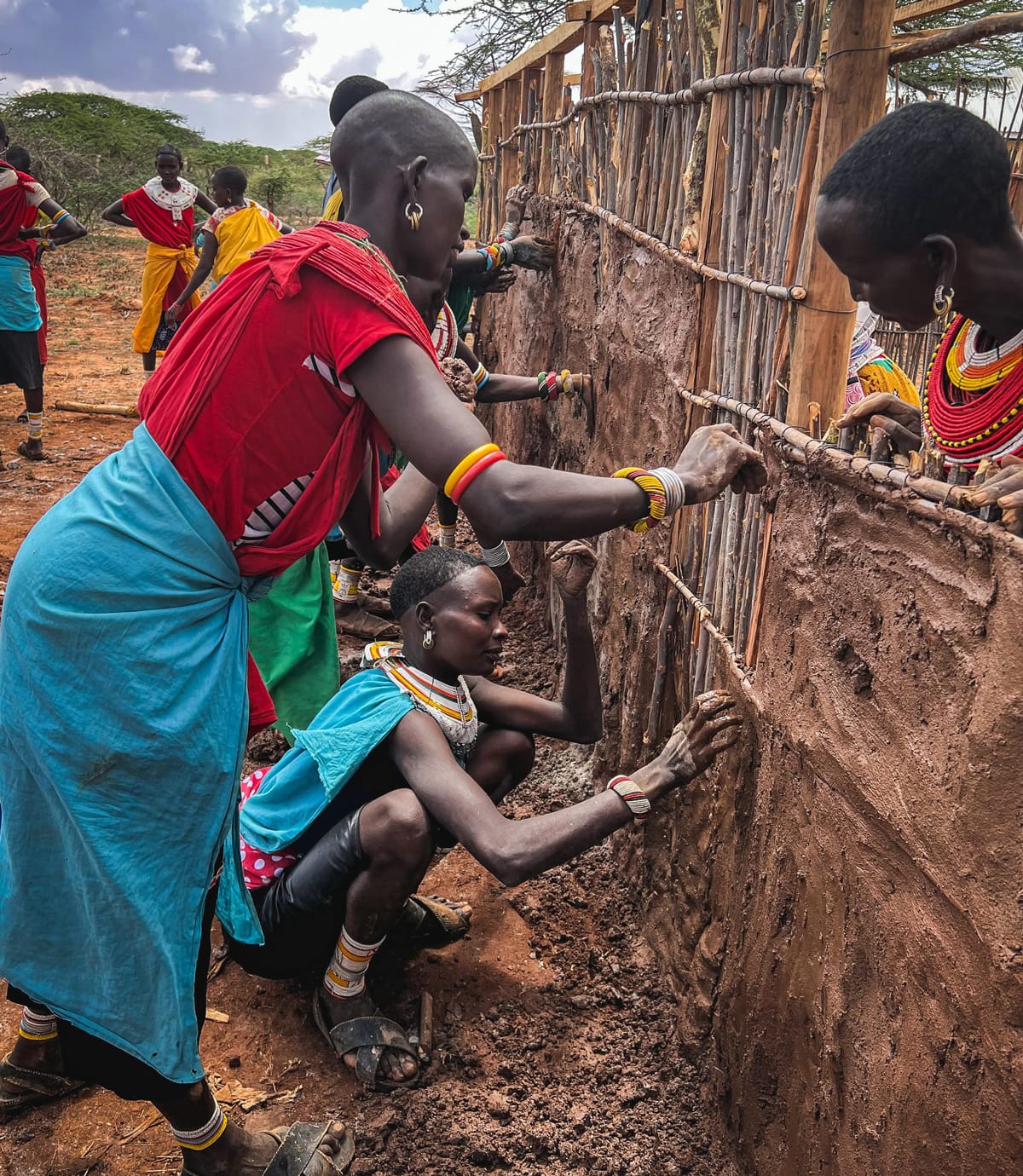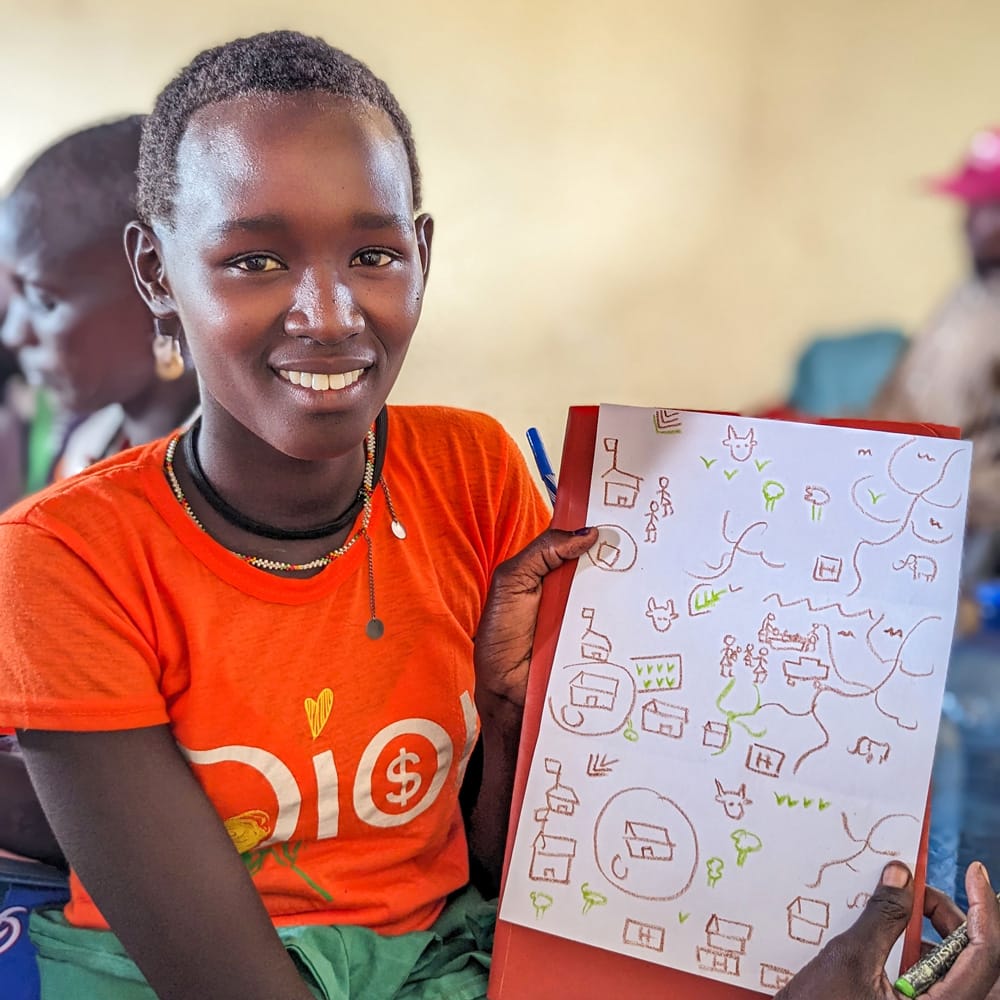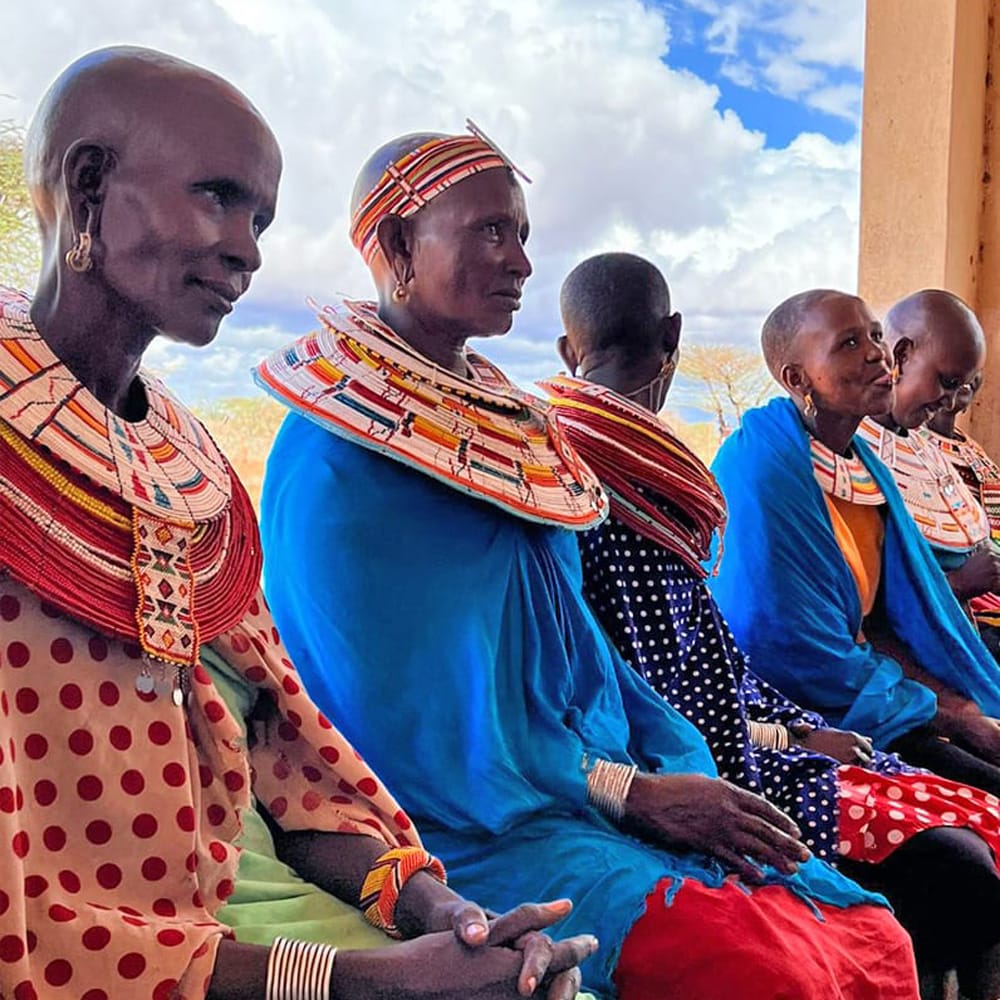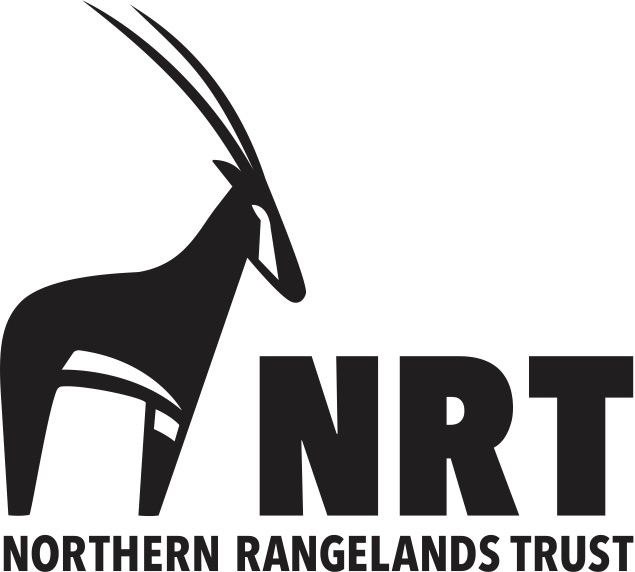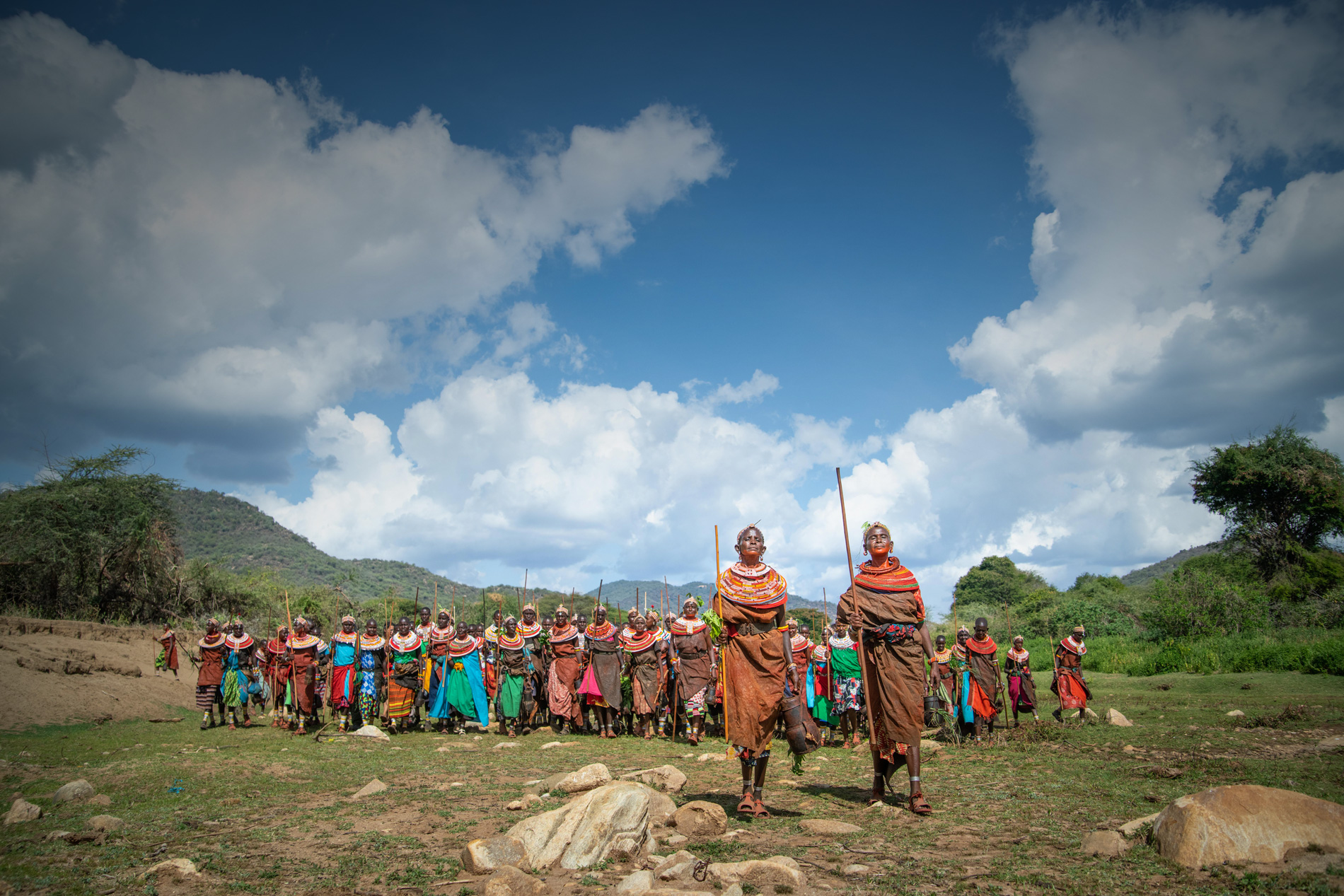
Ngilai Community Conservancy in Northern Kenya
In 2020, we began working with local Samburu community members in Ngilai to help articulate the legacy they want to see for their community and landscape.
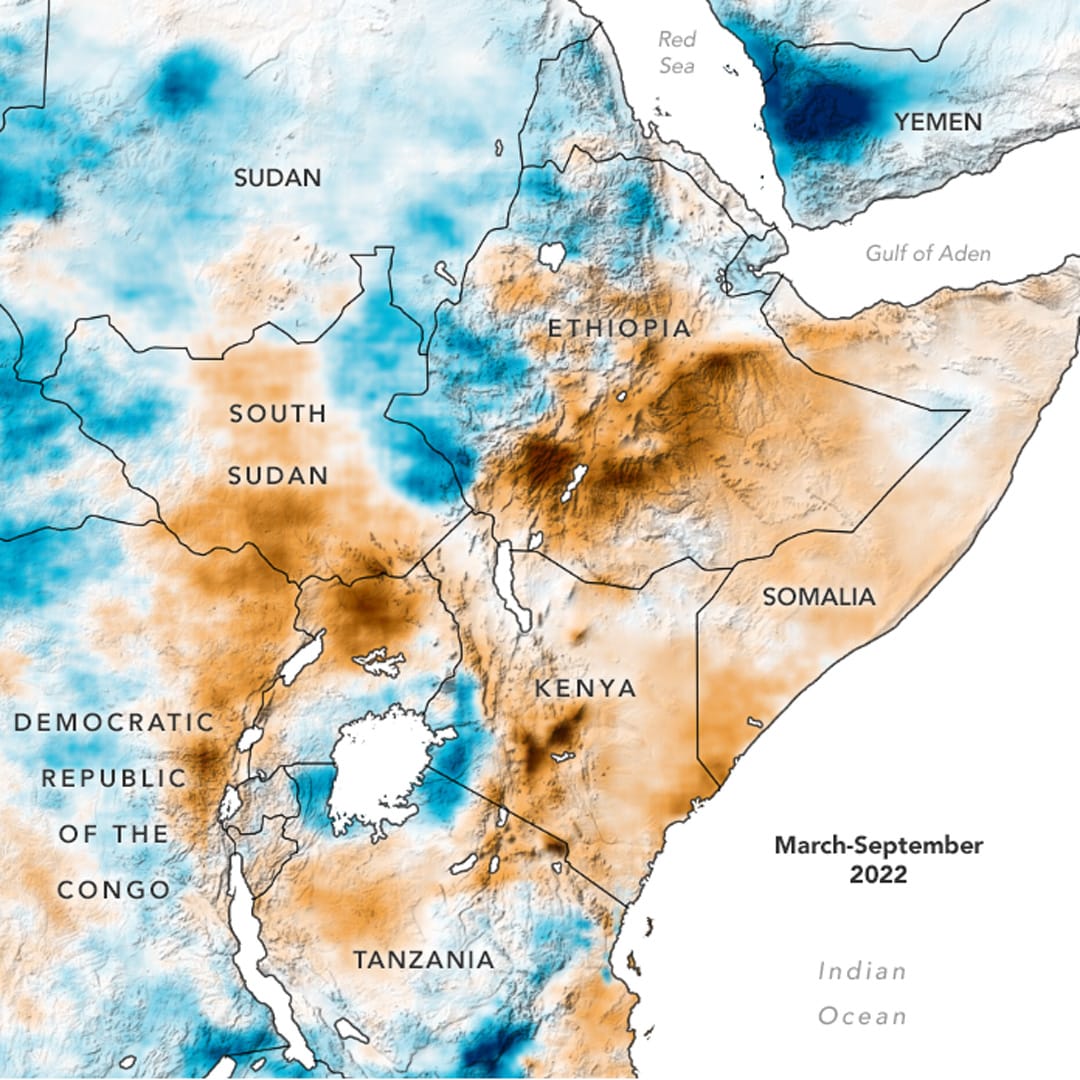

Pastoralism describes the way of life for the Samburu and other Indigenous peoples of East Africa who graze their livestock (cattle, goats, sheep and camels) over large swaths of semi-arid land. Through this movement, pastoralists tend to these collectively managed lands which help sequester carbon and maintain ecological stability. This way of life also safeguards wildlife hotspots for migrating herds that have roamed the land for thousands of years—a natural process that supports environmental regeneration.
However, in recent decades extreme droughts and disrupted rainy seasons have altered traditional ways of pastoral living, resulting in many challenges, including extreme food insecurity. Women are doubly impacted because they are often responsible for the well-being of the household, including caring for family members, tending to small-scale agriculture, and maintaining infrastructure. To compound matters, women are not always allowed to participate in major businesses in the area, such as buying and selling livestock.
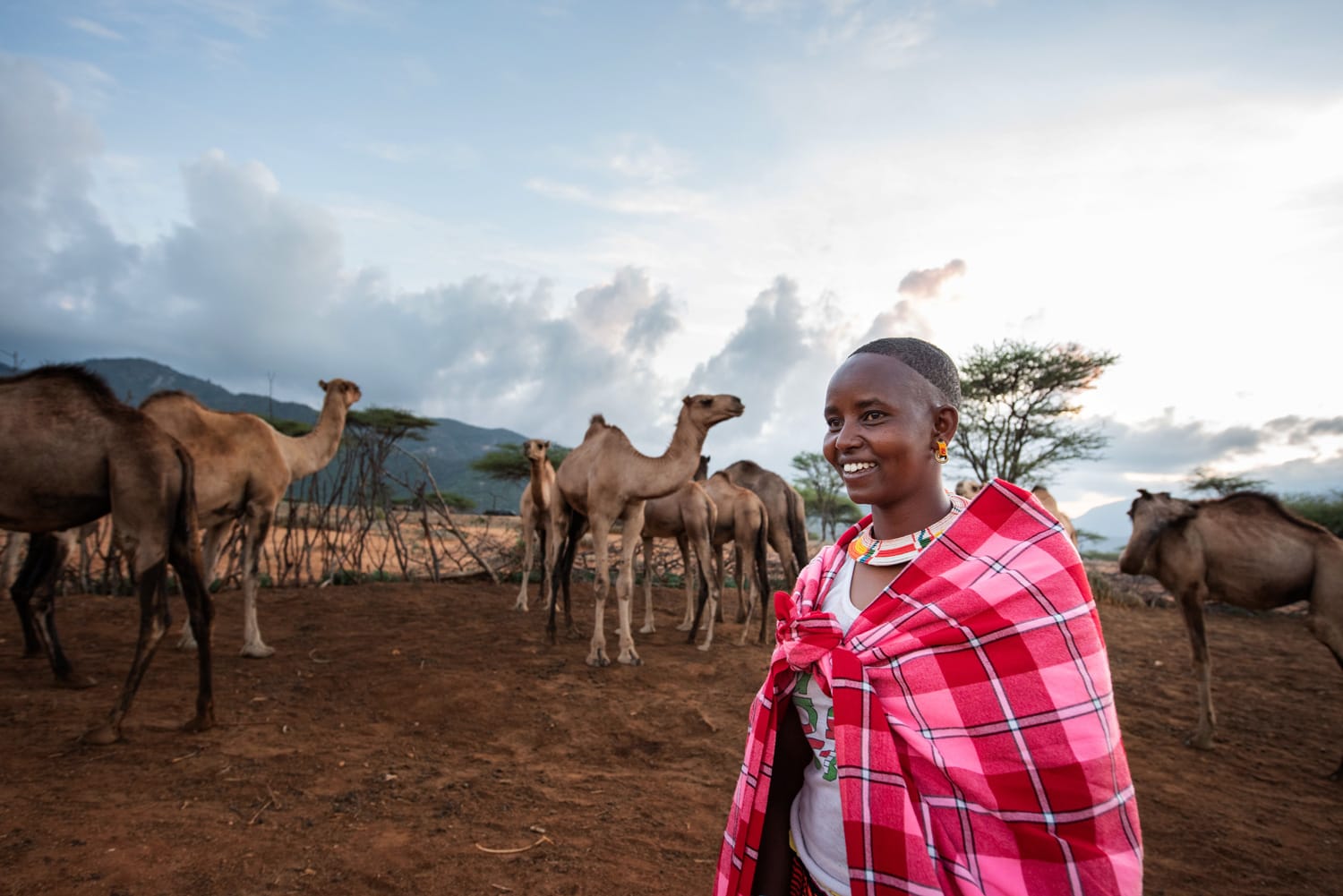
Ngilai’s expansive rangelands are critical to the Samburu’s pastoralist way of life, and the forest provides essential ecological services to its residents and tens of thousands more people in the surrounding landscape.
Mayanae Lemojong tending her camels in Ngilai, Northern Kenya | Roshni Lodhia/Legado
360° Community-Led Change
Working in collaboration with Legado and our partners, people from the Nigilai Community created the Nkishon Supat e Ngilai project, which translates from Samburu to "Ngilai’s Thriving Future."
As part of this project, local community members created the Nkishon Supat e Ngilai Legacy Plan—the first ever community plan for Ngilai and a milestone for the Samburu peoples.
To create a Legacy Plan, community members articulated their vision for the future and the steps they needed to take to make this vision a reality. They also identified what they already have in place to help them realize their vision of a Thriving Future, and what they will need to help make that future come to life.
Ngilai community members articulated the priorities below for themselves and their communities. Promoting gender participation was chosen as a fundamental underpinning to all of these goals.
Ngilai Community Thriving Future Goals and Priorities
Increase Access to Health Care While Respecting Samburu Medicine
- Construct maternity shelter integrating Samburu traditional birth practices
- Expand solar system to increase electricity in the maternity ward of the Ngilai Clinic
Improve Our Rangelands
- Remove invasive species
Heal gullies to reduce erosion
- Increase involvement of women and youth in grazing planning
Improve Schools and Schooling Access
Improve our classrooms and schools with desks, toilets, and more space for our children to learn
Increase the enrollment and retention of students—particularly female students—through mentoring groups and creating awareness about the importance of education by sharing in community forums and meetings
Increase Water Access Across Our Conservancy
- Support all of our villages to have the same access to safe and clean water that is close by
- Strengthen our Water Resource Users Association with more community members to better lead on our water rights
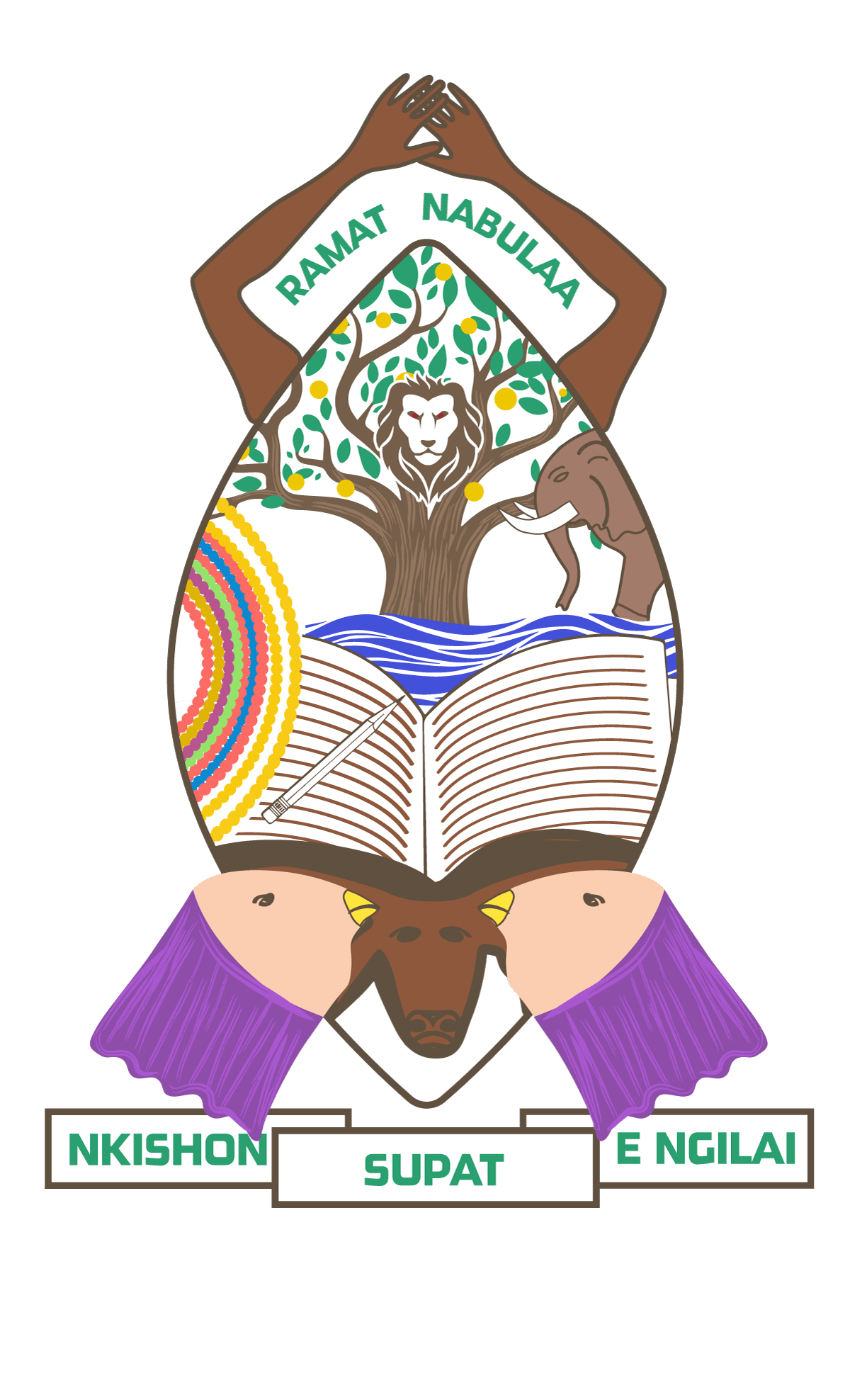
To express the spirit of their Thriving Future, Ngilai community members created a crest to represent their community's legacy. This crest was then shared in each village in Ngilai when seeking feedback on the community priorities established for their Legacy Plan.
UNITY:
NATURAL RESOURCES:
EDUCATION:
CULTURE AND LIVELIHOODS:
Culture is represented by the chains and beaded belts at the logo. Community members generate income through the sale of costumes, beaded chains, and activities that attract tourists. Livelihoods are represented by a head of a bull, which is one of the primary sources of income and highly valued by the Samburu community.
Centering Women Leaders
At Legado, we know that when we Invest in women and help them evolve into leaders, they can help entire communities overcome poverty, and lead the way to improve children’s nutrition, health, and school attendance.*
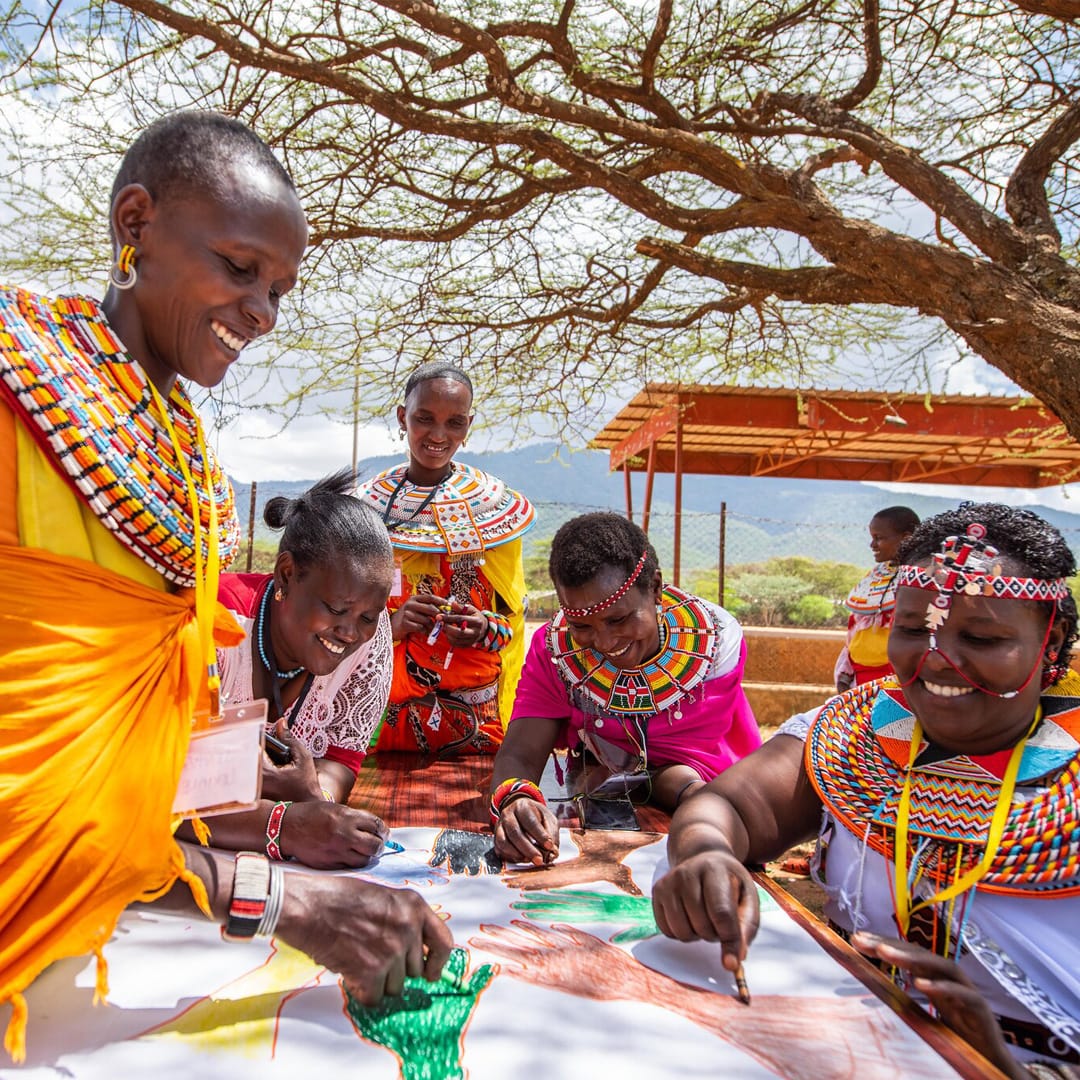
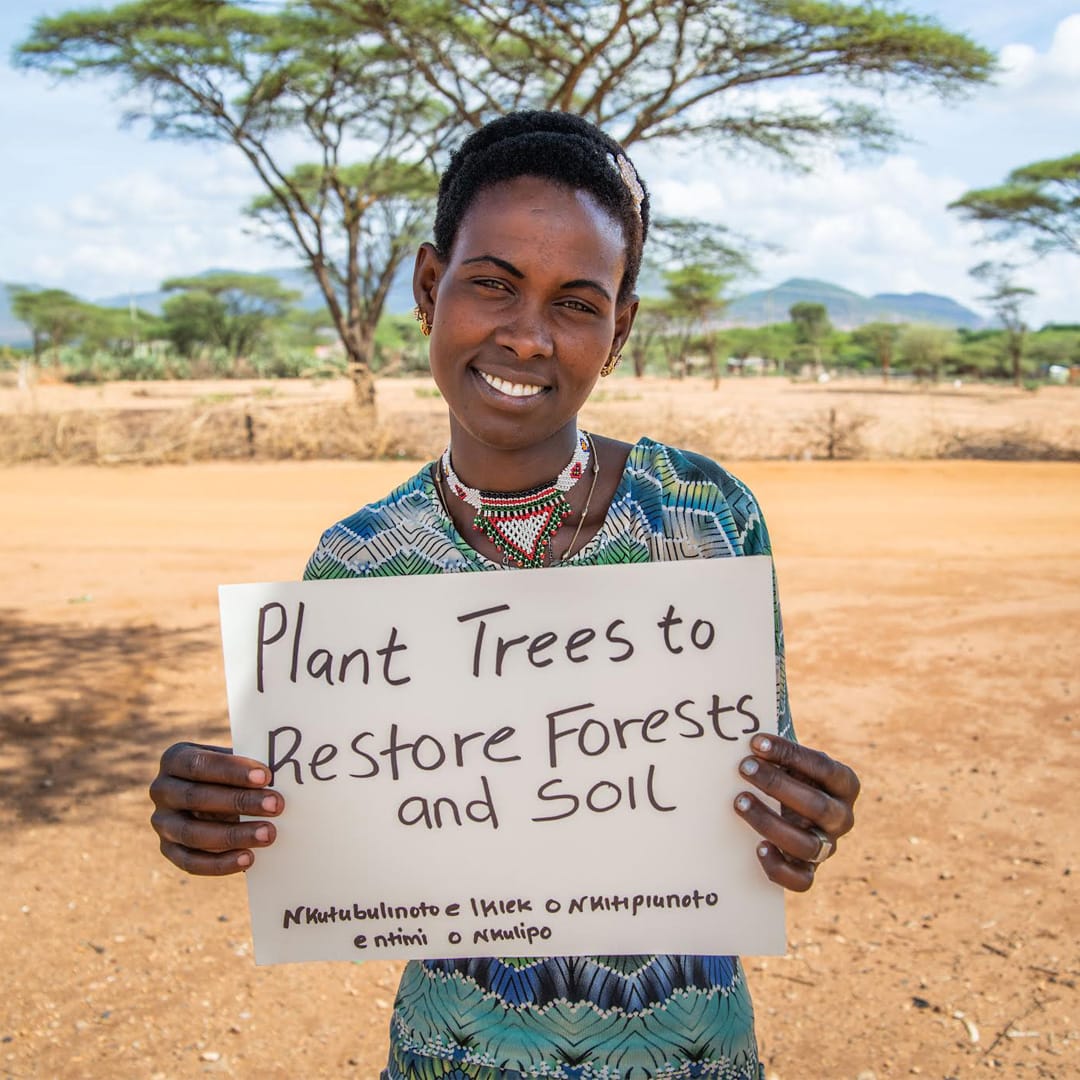
Khadija Lelesara, a Ngilai community member, is working toward her personal legacy goal of planting trees | Roshni Lodhia/Legado
"I was asked to be on a school committee but declined because I did not have the courage or confidence to serve as a leader. But after the Thriving Futures training, I reconsidered and am now a committee member making decisions for the school."
*Learn more about how women’s leadership promotes transformative change from The Gates Foundation, BOMA Project (link 1 - PDF) (link 2 - PDF) and CGIAR’s Gender Impact Platform
Creating Thriving Futures
Our Partners in Ngilai
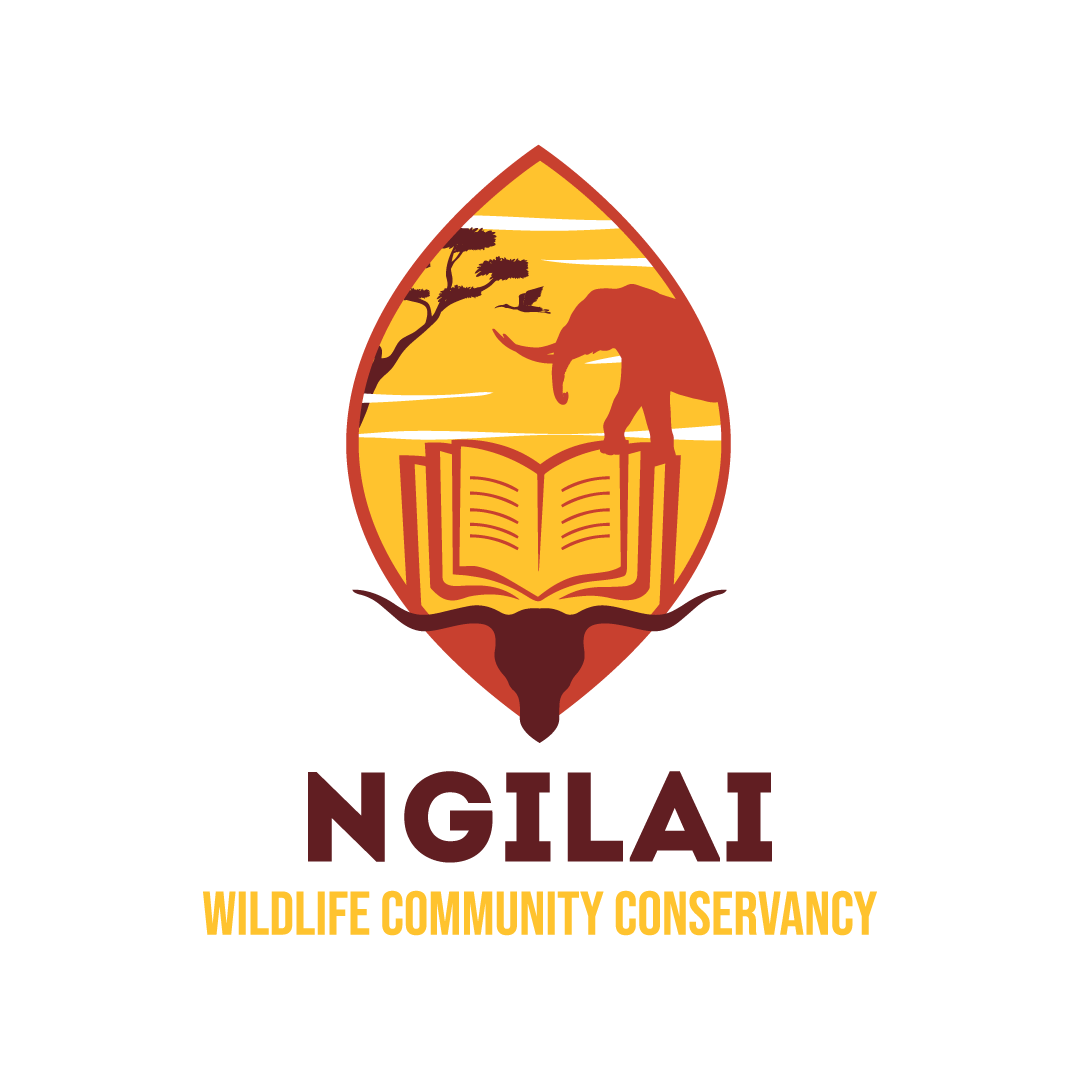
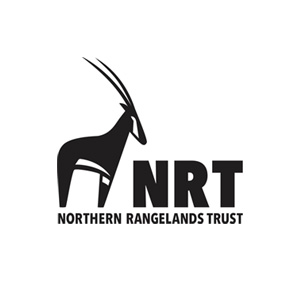
Northern Rangelands Trust (NRT) is a membership organization owned and led by the 43 community conservancies it serves in northern and coastal Kenya. NRT was established in 2004 as a shared resource to help build and develop community conservancies, which are best positioned to enhance people’s lives, build peace, and conserve the natural environment. NRT is tasked by community leaders to support Indigenous communities in their own objectives to cooperatively develop locally-led governance structures that complement traditional, Indigenous systems, run peace and security programmes, take the lead in natural environment management, and manage sustainable businesses linked to conservation.

